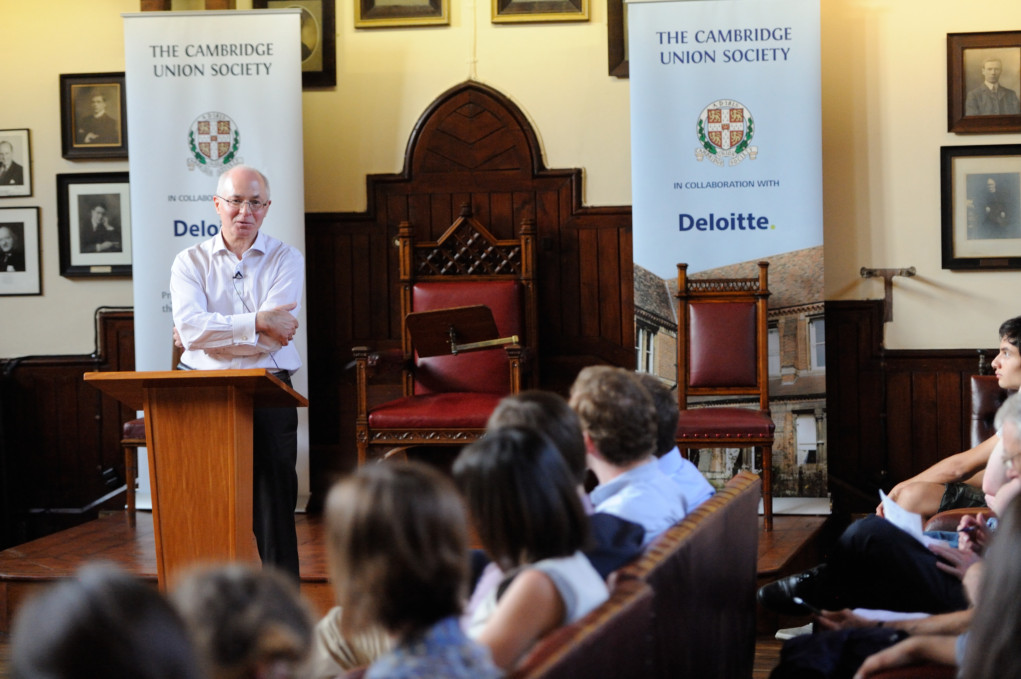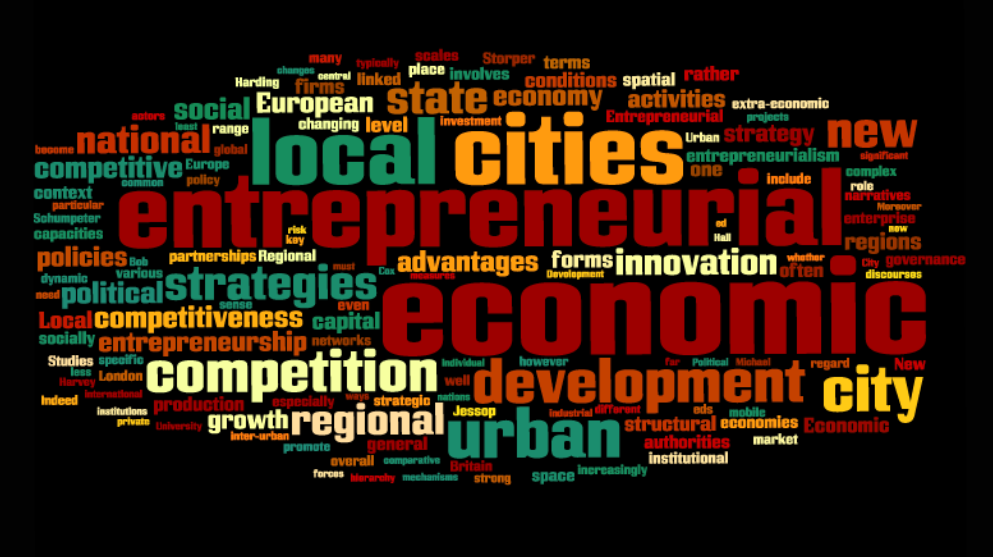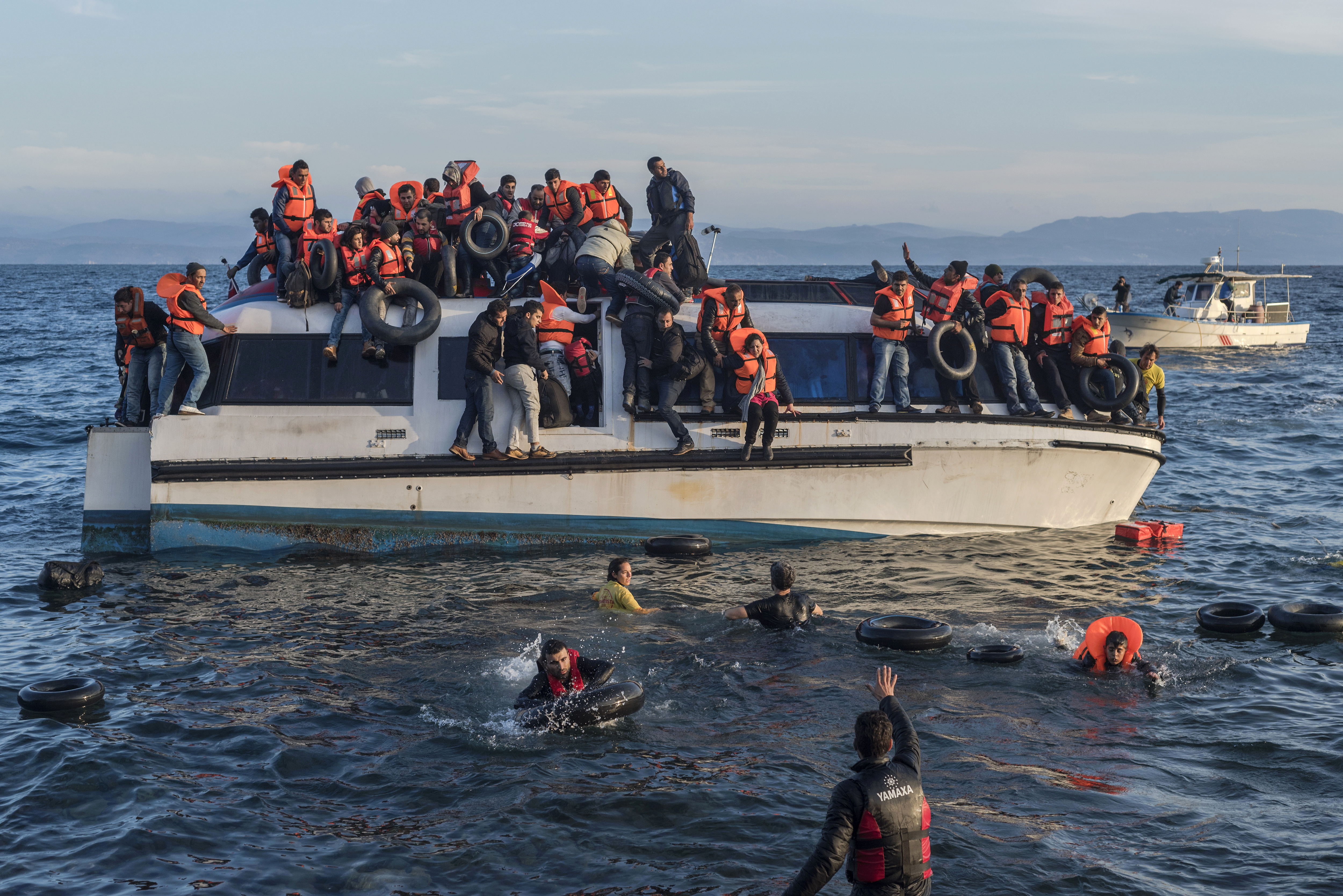
The Minister-Counsellor at the Russian Embassy to the UK, Alexander Kramarenko came to speak at the Cambridge University Union Society in England. Light was shed on the historic relationship between Russia and the West, and refreshingly, this time from the Russian perspective.
While Russia, has been cast as a ruthless, uncooperative, subjugating enemy, Minister-Counsellor Kramarenko began very keen to show Russia’s efforts and role in the past as a peacemaker, and more importantly a cooperator. He cited the defeat of Napoleon in the 1812 Russia Expedition and the subsequent Congress of Vienna as the first joint European defence mission and collaborative foreign policy venture, that was spearheaded by Russia.
Since Russia sees herself as capable of cooperation, she resents her ostracized position on the global scene. Mr. Kramarenko cited the end of the Cold War as a turning point where the North Atlantic Treaty Organisation (NATO), which was formed by the United States, Canada, and several Western European nations to provide collective security against the Soviet Union, to either be disbanded for lack of purpose or expanded to include Russia. To Russia, NATO is an “old organization” which aims to ensure that the West maintains control and its continued existence sends a political message that the West remains suspicious of Russia. He argued that if the West had truly wanted to make peace, they would have offered Russia respect, a seat at the table, and an incentive to cooperate.
Russia continues to resent this “superiority” that the Americans act with, as it undermines their own feelings as a super power. The Minister-Counsellor cited how when the invasion in Iraq happened, Russia, (or in fact most countries), were not consulted. The US made a unilateral decision because it had power over the world. The US tried to coerce Russia into joining the effort asking them to at least send a few troops or airplanes to show a united front. His theory on the West shows the extent to which he sees the West as cunning.

His theory extended into the Ukraine crisis. He expressed hurt feelings due to the EU’s conduct regarding Ukraine and the lack of respect Russia feels it deserves as a superpower. In Brussels, the EU drew up the EU-Ukraine Association Agreement integrating the Ukraine into the EU in every way other than official membership. “We should have been included in this agreement, it should have been trilateral”, Mr. Kramarkenko noted, as Russia still feels responsible for countries in Eastern Europe. The fact that the agreement was made so secretively suggests Russia’s influence over Eastern Europe was indeed an acknowledged geo-political fact. Excluding Russia serves to exacerbate Russia’s paranoia that Eastern Europe is falling into the Western sphere of influence. Their “paranoia” can be seen in how Mr. Kramarkenko insisted the crisis was timed cunningly, directly post Sochii, at a time when the international spotlight was on Russia, there would be an added reason for Russia to “behave” on the international stage. He certainly saw the crisis in Ukraine as a stand-off that Russia would not “lose” to the West.
Are Russia’s concerns unreasonable? Domestic policy-wise, Russia and the USA may be worlds apart, (America iconic for the “ ‘Ask not what your country can do for you, ask what you can do for your country’,while the Russian Minister-Counsellor emphasized “Here the state is for the people”) but foreign policy-wise, Russia is much like America. Both superpowers wish to line up as many allies in their sphere of influence as possible, and pursue a foreign policy that serves their interests first. Mr. Kramarenko sought to illustrate this making reference to the Syrian Crisis. While Russia has been criticized for blocking numerous attempts to aid Syrian rebels, Mr. Kramarenko said Russia was standing by the decisions it had made because it did not want a Civil War on its border. Russia is acting in much the same way America would. How many times has the USA supported (or failed to support) regimes in the interest of what suited it? We need not look further back than the Iraq War, which many see as a selfishly fought War by the US looking to control an oil-rich country and have a foothold in the Middle East. Russia choosing to block aid to Syria is comparable to the US decision to invade Iraq: each super power acting in their own interest, and basing its foreign policy on realpolitik. Therefore, when powers such as NATO aim to call Russia out on its actions, it looks hypocritical and adds salt to a an old, and ever-open wound.
Of course when the Cold War ended, Western countries needed to overcome decades of mistrust which account for why making Russia a member of NATO was not possible. Although several agreements were made with Russia in the 90s particularly on arms reduction, and enhancing free trade, being excluded from NATO, or more specifically being the mistrusted power about whom NATO was formed meant that the West’s relationship with Russia had been mismanaged from the start. The Russian people now deeply mistrust the West and see the relationship as irremediable.
Canada has come out strongly against Russia in the Ukraine Crisis, and rightly so. But in taking a more long term view, a different approach may be needed. In the years to come, perhaps with the election of a new Prime Minister, Canada has the opportunity to make clear an independent position from the perceived hypocrisy of the United States. From there, it can re-affirm its commitment to dialogue and diplomacy in order to reach out and build bridges with Russia. As was made clear by the Mr. Kramarkenko, Russia is looking for someone to respect them.




